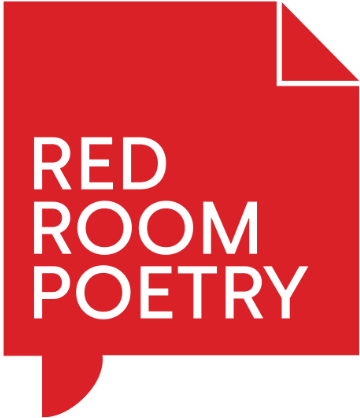Waste Or Worse
By Lionel Fogarty
Alternative on trustees with our Australia
Won’t do, won’t do?
Progressive is becoming confusing at times
Absorb an external protest
My and our mates.
Recruitment to blackfella systems
Is punching old equilibriums.
Candidates; experimental
Available college racists
Degrees by not teaching it
In re-evaluating research material
Is bad schools; bad for children
Or splendid and responsive
To keep and ancient drugs training.
Yes; yes. Topics are affiliated by
Counterinsurgency mentality.
Embattled by national educating
Impatient implications.
These are to half our future.
Australia is behind the styles
Australia can be in our styles.
Sharply; the substitute is specific
We have to be
Conventional wine academics.
Look at Aboriginals
Kaleidoscope he’ll tell you
You going exactly the wrong
Disciplinary way.
Restoration we’ve got to aim for
Compulsory and trivial
Feeble and capricious efforts
Australia can create dignity.
Contempt is largely made on our people
Just to worsen it’s up-spirit
Into spirit.
Can you rationalise that?
'Waste or Worse' was commissioned as part of an Unlocked poetry project held at Balund-a - an innovative residential diversionary program for male and female offenders between 18 and 40 years of age in the far North-East of NSW. The full name of the program is 'Bugilmah Burube Wullinje Balund-a' which translates roughly to ‘Be good now to have a second chance down by the river’.
The program includes a mix of practical skills-building and rehabilitative activities, with cultural programs, including visits to scared sites, music, dance and art. The program also employs community elders to support and assist residents to connect with their culture and history, as an aid to the process of rehabilitation. The program is aimed at reducing Indigenous rates of incarceration but is not limited to Indigenous offenders.
Our Unlocked program for Balund-a was part of our focus on Indigenous inmates, and in 2012 Red Room Poetry's Artistic Director Johanna Featherstone travelled with one of Australia’s most renowned Indigenous poets, Lionel Fogarty, to run a series of workshops.
The students wrote and illustrated their own poems, before recording them in the studio. The students responded enthusiastically to Lionel Fogarty’s work, and were especially taken with his use of Indigenous language. In response to this, Balund-a organised for a local man, Lewis, who speaks the language, to come in on the last day of the workshops and translate some of the poems for the students. Lewis also played Yidaki for them.
Integrating Unlocked workshops into a broader cultural context is important to Red Room Poetry, especially when we are working with Indigenous communities. Language – the material of poetry – is just one element in the fabric of culture, and its meaning and value grow when it is put in relation with other elements of culture and other languages.
